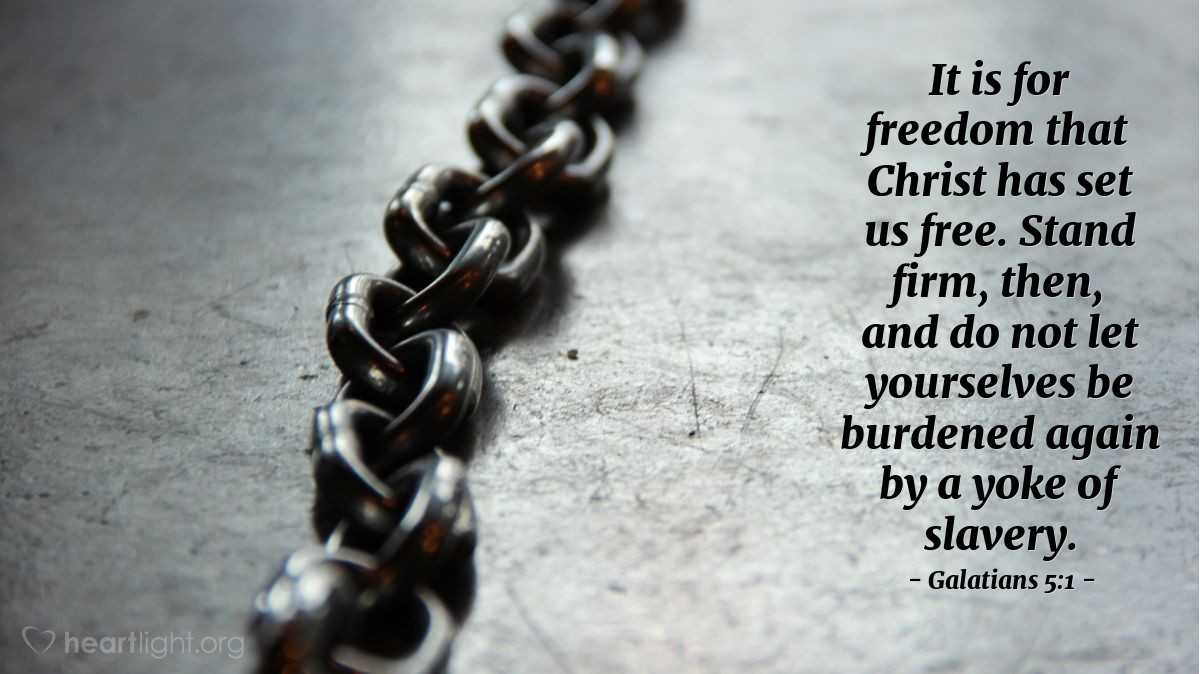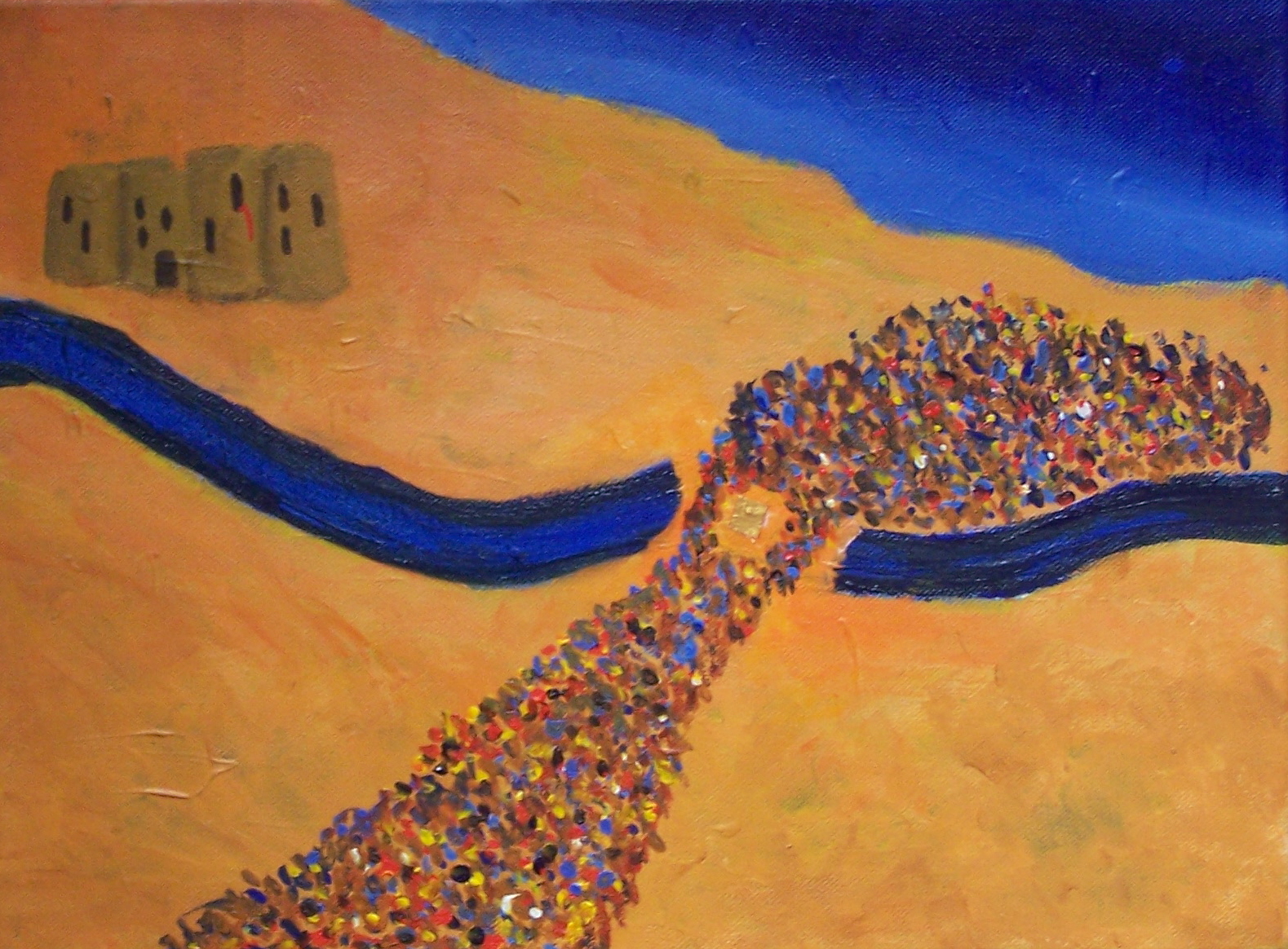Reflecting on holistic choices: freedom, slavery, and fruits of the spirit from Paul’s letter to Galatians.
Allegories of slavery & freedom in sacred texts: liberating or problematic? At the end of his famous “I Have a Dream” speech, delivered on the steps of the Lincoln Memorial in 1963, civil rights activist Dr. Martin Luther King, Jr. alludes to the apostle Paul’s words in Galatians 3:28: “There is no longer Jew or […]


